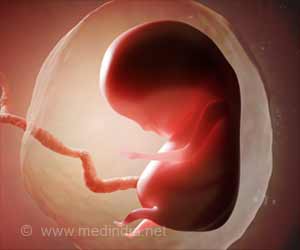New study results provide insights and new understandings of the impact of plastic-associated chemicals on high cholesterol levels and cardiovascular disease risk.

‘Dicyclohexyl phthalate (DCHP) induces the expression of key proteins required for cholesterol absorption and transport to increase plasma cholesterol.’





A new study published in Environmental Health Perspectives found that a chemical used to make plastics more durable led to increased plasma cholesterol levels in mice.“We found dicyclohexyl phthalate, or DCHP, strongly binds to a receptor called pregnane X receptor, or PXR,” said Zhou, who is a professor in the UCR School of Medicine.
DCHP, a widely used phthalate plasticizer, has recently been proposed by the Environmental Protection Agency as a high-priority substance for risk evaluation. Not much is known yet about DCHP’s adverse effects on humans.
This study is the first to show the effects of DCHP exposure on high cholesterol and cardiovascular disease risk in mouse models.
Researchers also found that mice exposed to DCHP had higher circulating “ceramides”, a class of waxy lipid molecules in their intestines. This is associated with increased cardiovascular disease risk in humans.
Advertisement
Advertisement











